North Korea tested ICBM in February, March: US official
North Korea tested a "relatively new" intercontinental ballistic missile system in Feb. 26 and March 4 test-firings, according to a senior Biden administration official.
“After careful analysis, the US government has concluded that the DPRK’s two ballistic missile tests on Feb. 26 and March 4 of this year involved a relatively new intercontinental ballistic missile system that the DPRK is developing,” the official told reporters on Thursday.
The last time North Korea tested an intercontinental ballistic missile was in 2017, when it froze its ICBM and nuclear tests. It has not conducted a nuclear weapons test since, but leader Kim Jong-un has warned of a return to testing both.
“This is a serious escalation by the DPRK, but unlike the DPRK’s three ICBM tests in 2017, neither of these launches demonstrated ICBM range or capability,” the official noted, speaking on condition of anonymity.
Pyongyang insists that such tests are meant to strengthen its defense power, in the face of the US's hostile policies, sanctions, and joint military drills on the Korean Peninsula.
Previously, South Korea’s military reported the missile tests. In both cases, Seoul said the missiles were launched into the sea and flew less than 200 miles while reaching altitudes of less than 400 miles.
The Biden administration believes that the launches were meant to test elements of the new system before a full-range launch is carried out, the senior official added.
He further claimed that North Korea could disguise a future launch as a space launch.
The ballistic missile was first unveiled at an Oct. 10, 2020, parade in North Korea and at a defense exhibition in Pyongyang in October 2021, according to the official.
He said, in response to the missile tests, the Treasury Department is expected to announce new actions on Friday to help prevent North Korea "accessing foreign items and technology that enable it to advance its weapons programs."
A range of further actions will be announced in coming days too, the official added. The Treasury has imposed a range of sanctions on North Korea over its weapons programs.
Pyongyang is also under harsh UN sanctions for its missile and nuclear activities.
The administration of US President Joe Biden imposed its first sanctions in January, alleging that the North had refused to respond to its appeals for talks.
Pyongyang says it is open to talks, but only if the United States and others dropped "hostile policies" such as harsh sanctions and joint military drills off the Korean Peninsula.
North Korea also maintains that the United States is intentionally escalating the situation by imposing new sanctions on the country.
D-8’s role in Iran’s economy after Cairo summit
China slams US as ‘war-addicted’ threat to global security
China ‘firmly opposes’ US military aid to Taiwan
VIDEO | Press TV's News Headlines
President Yoon Suk Yeol to be removed from office
At least 19 Gazans killed by Israeli airstrikes since dawn: Medics
Leader: Iran neither has nor needs proxy forces
US fighter aircraft shot down ‘in friendly fire’ amid aggression on Yemen


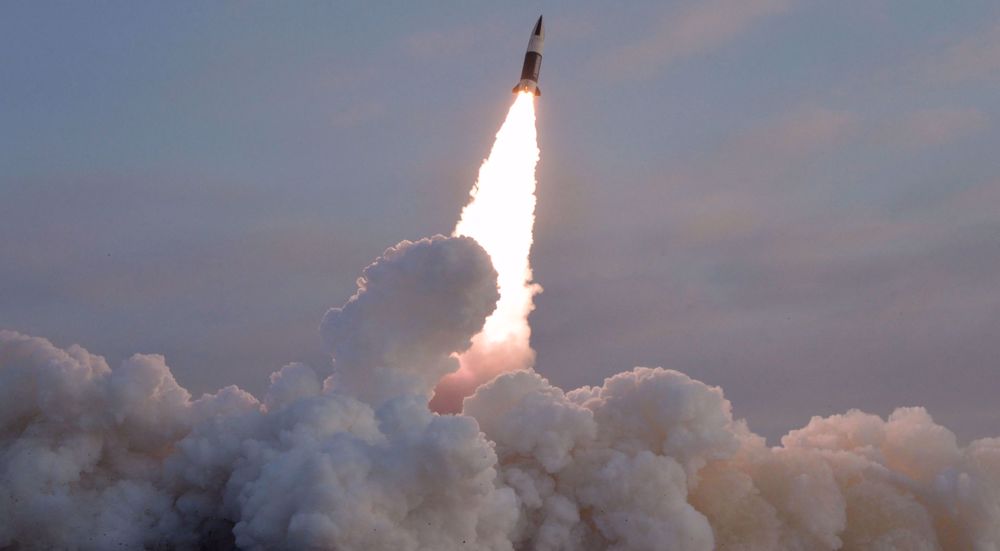
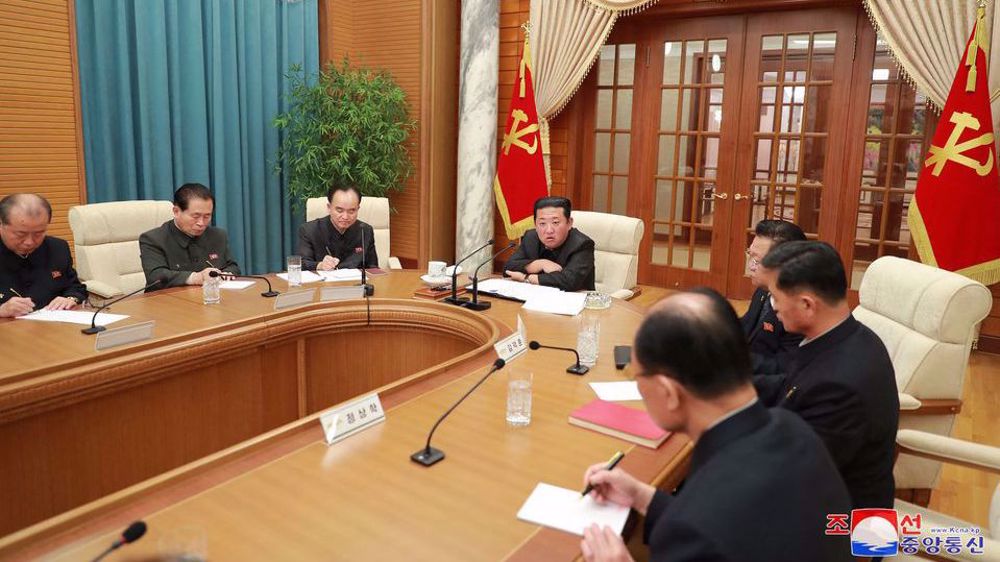
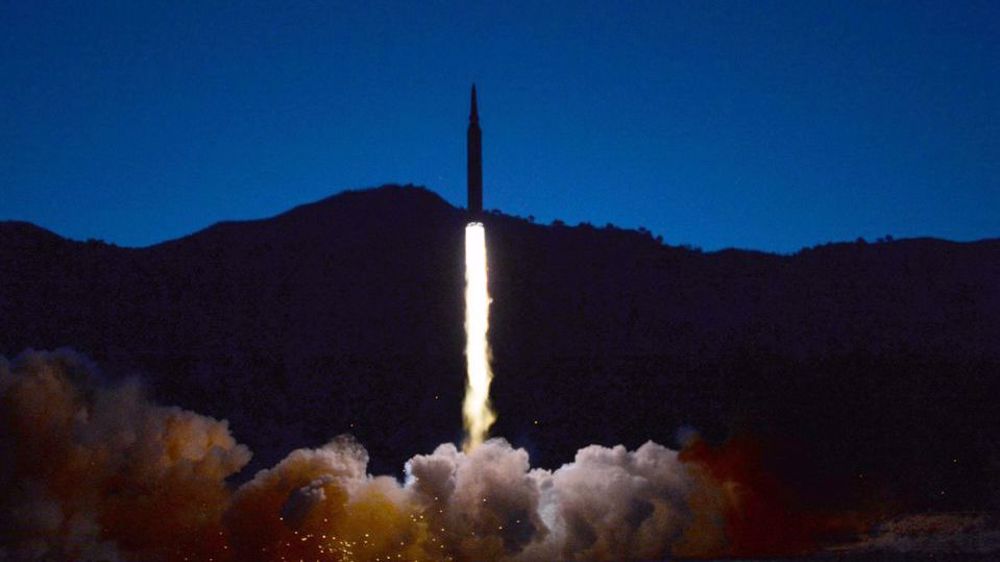






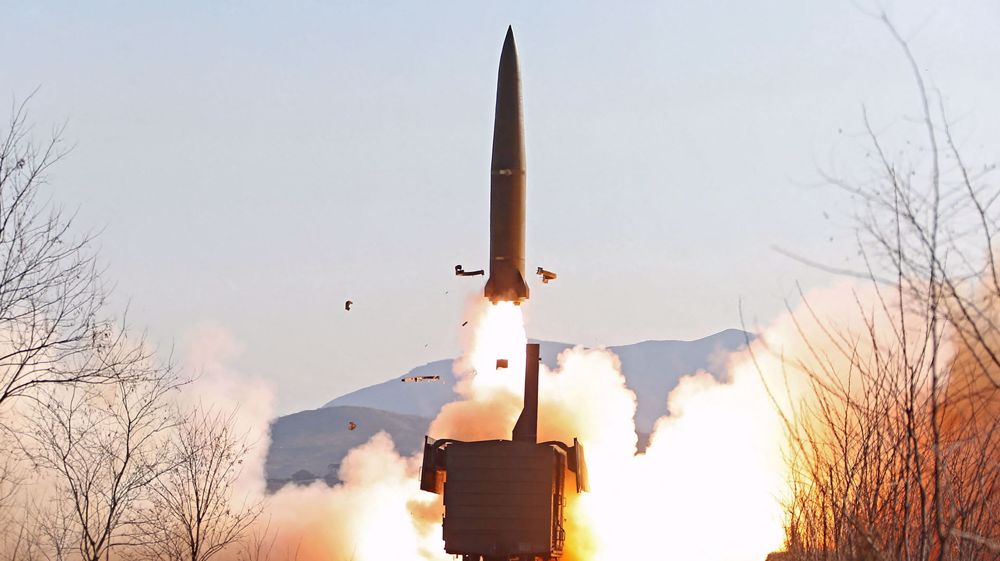
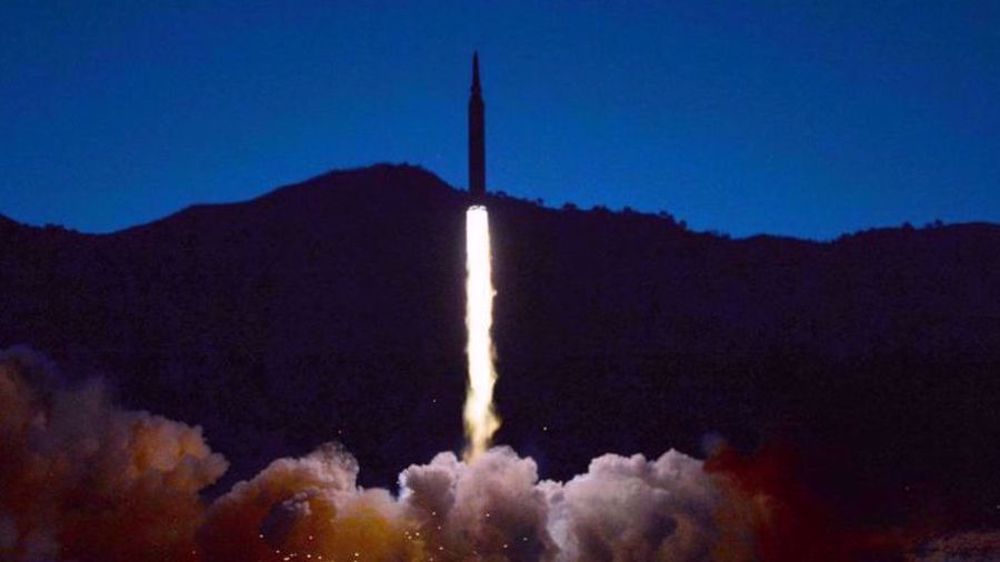

 This makes it easy to access the Press TV website
This makes it easy to access the Press TV website